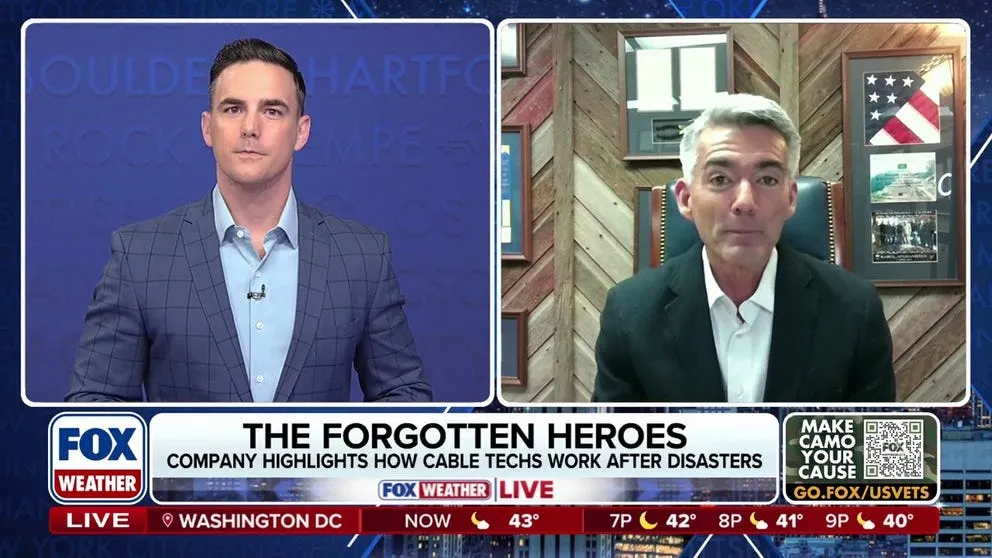By Michael Powell
Two days of Congressional hearings this week about the data collection and sharing practices of Facebook have ignited a critical national conversation about online privacy and the dangers that stem from the power of large tech firms to build, use, and share detailed profiles of consumer behavior and track them across the internet.
Facebook CEO Mark Zuckerberg was well prepared and performed well in answering most of the questions posed to him, but the hearings did not alter the fundamental concern that “tens of thousands of apps” may have accessed the personal data of two billion users. While this week’s focus was on Facebook, it is clear that issues surrounding privacy practices apply similarly to other large online platforms as well.
That is why one of the biggest takeaways from this week’s hearings is the growing support among lawmakers for thoughtful federal strategies that might more fully empower consumers and protect their privacy across the internet.
In today’s digital age, a few global tech giants increasingly hold and traffic in massive amounts of personal data, using technology to increasingly addict, predict and manipulate digital consumers. These same massive platforms that undoubtedly promote social utility can also increasingly be used in less transparent ways by criminals and other unsavory forces to defraud, misinform, and divide. Governments have the power to establish policies that recognize the value of online commerce and innovation but also establish obligations to safeguard against the risk of harmful misuse of personal data. This risk is rising from the confluence of massive data sources, powerful data analytics, and the dangers of business models premised on consumer surveillance.
As the cable industry, our perspective is admittedly one of many, but it is one informed by our deep experience in offering valuable services premised on a direct relationship with our customers in which we safeguard their personal data. That experience guides us in believing that consumers’ interests would be best protected through the adoption and enforcement of a consistent set of privacy rules for all parties doing business online.
Indeed, the interconnected nature of the internet almost demands a consistent set of privacy protections. Consumers’ privacy rights shouldn’t change depending on which internet service provider they use to log on, what websites they visit, or what social networks or search engines they use.
Now more than ever, we believe the time is ripe for congressional action that would codify strong and enforceable consumer protections in an internet age. Such protections should require online firms to clearly explain how they collect, use, and share personal data. And, they should give consumers more control over their personal data, including requiring opt-in consent for using or sharing personal data with limited exceptions.
New internet consumer protections should also include rules that codify principles of internet openness, empowering appropriate government action to stop practices that are unfairly discriminatory or otherwise impede the free flow of legal traffic over the internet. Net neutrality rules and privacy protections, for example, should be advanced together to help maintain a free and open internet that benefits all consumers.
Finally, and most important of all, these protections must apply across-the-board to internet service providers, online services, and social networks alike. This is the only way to give consumers clear confidence that their rights will be honored by all parties doing business online. Prior government efforts on privacy and net neutrality have been piecemeal, leaving consumers exposed to online risks. Only a comprehensive federal privacy and net neutrality regime will adequately serve the public interest.
A technology-neutral, federal framework of online consumer protection is a first step to restoring America’s faith in our digital future. When consumers go online, they shouldn’t have to think about what state they are in, and they shouldn’t need an engineering or law degree to understand what privacy requirements apply to different online services and what kind of entity may be engaged in blocking or throttling. They want to know that their personal data is protected, that their choices as consumers are respected, and that practices resulting in unfair discrimination or otherwise violating the spirit of internet openness will be punished swiftly.
Of course, there are many details to be addressed in developing such a framework, but the cable industry is committed to working with government, the private sector, and civil society representatives to do so.
Let’s get started.









